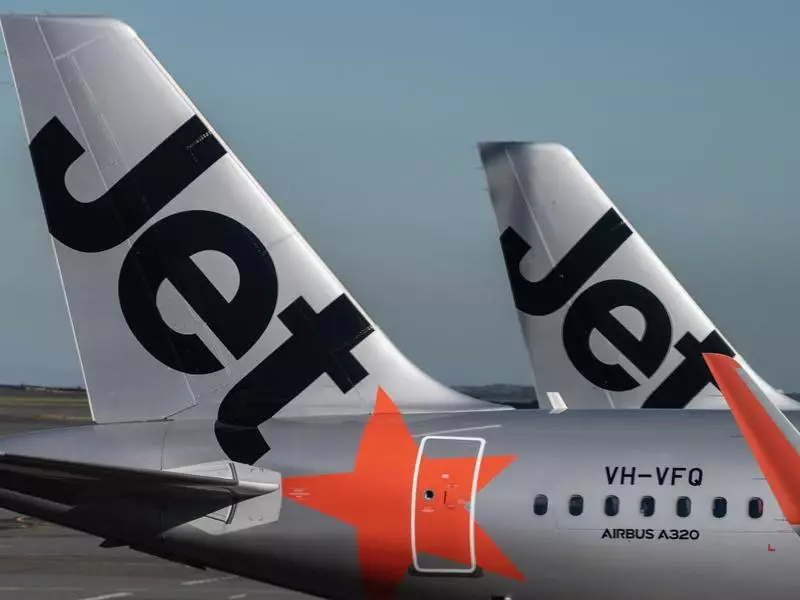
Thousands of Airbus passenger planes face potential grounding across the globe due to a newly identified and critical technical fault linked to intense space weather.
The Solar Threat to Flight Controls
Aviation giant Airbus has confirmed it discovered a vulnerability in its popular A320 family of aircraft. The issue stems from intense solar radiation, which has the potential to corrupt data that is essential for the proper function of flight controls. This corruption poses a significant safety risk, compelling the manufacturer to take immediate action.
In response, Airbus has issued a sweeping recommendation for a mandatory software update for all A320 aircraft to ensure the entire fleet remains safe for operation. The company openly acknowledged that implementing these crucial updates will cause considerable operational disruptions for airlines and their passengers worldwide.
Airlines Scramble as Flights Are Disrupted
The real-world impact of this global directive is already being felt by major carriers. In Australia, Jetstar confirmed that the issue is preventing some of its Airbus-operated flights from departing. A spokesperson for the airline stated they are actively working to understand the full impact on their fleet and customers, apologising for the inconvenience caused.
Across the Tasman, Air New Zealand is taking a precautionary stance, confirming that all of its A320neo aircraft will receive the necessary software update before operating their next passenger service. This proactive measure has already led to disruption, with the airline expecting a number of cancellations across its A320neo fleet for the day.
It is worth noting that Qantas has stated its operations have not been impacted by this issue at this stage.
The Incident That Sparked a Global Alert
This massive repair effort was triggered by a specific incident that occurred on October 30. According to industry sources, a JetBlue flight, number 1230, travelling from Cancun, Mexico, to Newark, New Jersey, experienced a serious flight control problem. The incident involved a sudden, uncommanded drop in altitude, forcing the pilots to make an emergency landing in Tampa, Florida. Several people onboard were subsequently taken to hospital for evaluation.
The scale of this rectification is immense. According to data from Airbus, there are approximately 11,300 A320-family aircraft in operation around the world, which includes about 6,440 of the core A320 model. This means the software update campaign will affect a substantial portion of the global short-to-medium-haul fleet.





